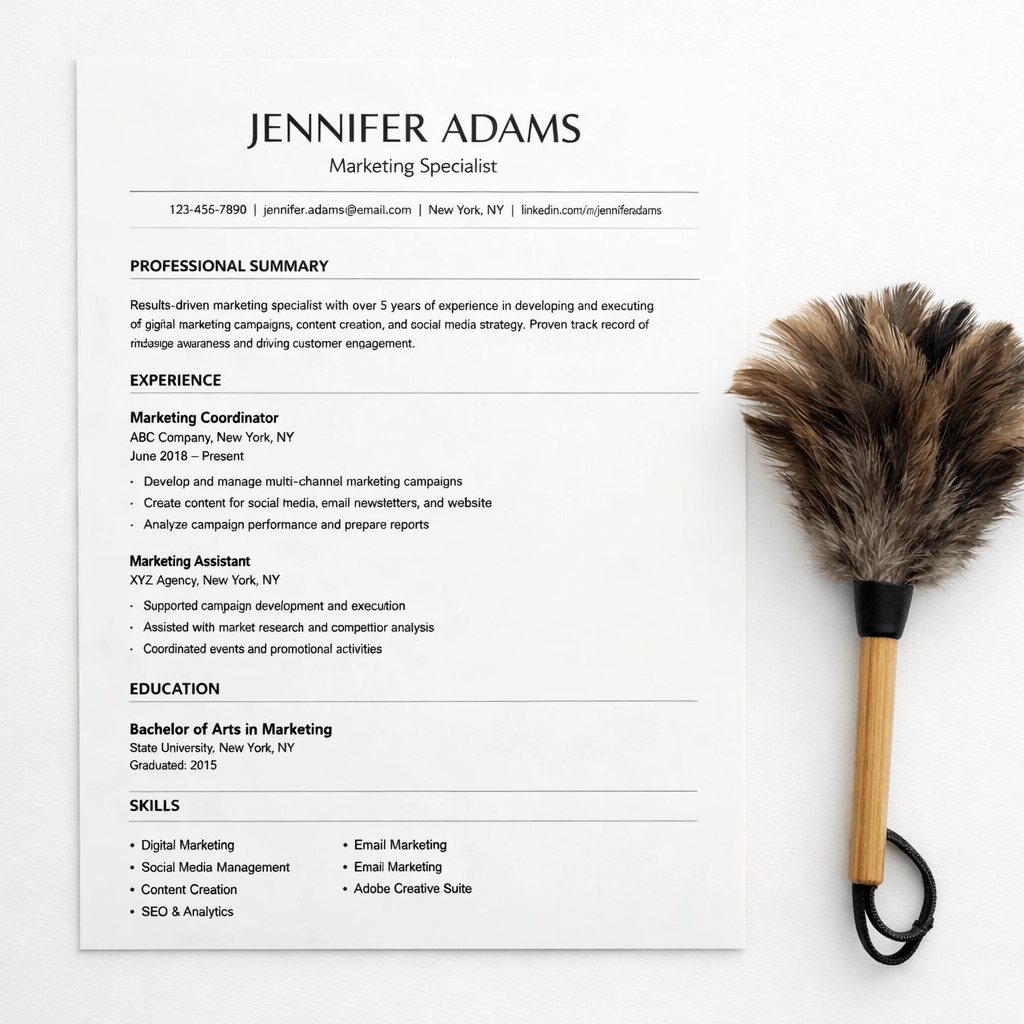This development, called sustainability, aims to look after our world in both the present and the future.
Many have joined the sustainability train, remodeling their practices and policies, aligning them to work in synergy with our environment, rather than at its expense. You, too, can be one of the many gearing towards sustainability by having a career in sustainable development. At Nexford, an MBA in sustainability can help make your CV stand out in the sustainability sector as you specialize in hot topics like green energy, renewable energy, corporate social responsibility, and healthcare policy.
Defining sustainability
You have most likely heard the word sustainability before. The concept has received plenty of media coverage over the past decade as more people raise concerns about topics like global warming, deforestation, and extinction. Governments and organizations have responded by implementing policies geared towards sustainable development. Sustainability is becoming more important for all companies, across all industries: 62% of executives consider a sustainability strategy necessary to be competitive today, and another 22% think it will be in the future.
The United Nations defines sustainability as “meeting the needs of the present without compromising the ability of future generations to meet their own needs.” This means that in making decisions and policies, organizations and governments consider three main dimensions: ecological, social, and economical. The idea is that by covering these three dimensions, prosperity will be ensured for both present and future generations.
What does a career in sustainability involve?
Sustainability careers, or ‘green jobs’, form a large and growing industry. An increasing number of people are turning toward a career in sustainability due to how versatile the industry is. You can venture into engineering, work as an architect, or manage a project, to name just a few of the enriching career pathways. The United Nations’ Global Goal 8 calls for decent work and sustainable economic growth, and the need for investment in green jobs for young people in the next five to ten years.
Despite how they sound, green jobs aren’t always about environmental science and charity work. Green jobs in the business sector are in increasing demand. These roles bring together the economic, environmental, and social aspects of a business.

This focus on sustainability helps a variety of enterprises run more efficiently, from sole proprietors to multi-million dollar companies. Through this, an enterprise can increase profits, satisfy customers, and ensure compliance with relevant laws.
Whether you work in an office or in the field, employees in green jobs have common core tasks and values they need to take into account. Some of these include:
Understanding environmental policies and regulations in the government, whether it be on a local or national level
Preparing written recommendations to organizations, as well as paperwork
Working directly with governments and civilians regarding issues
Managing and reviewing environmental documents
Preparing and submitting correspondence, reports, and appeals
Pursuing and possessing relevant certifications where applicable
Though sustainability career options are vast and varied, one common factor links them under the same banner; sustainability roles are all focused on providing for today’s world without negatively affecting the environment and its resources.
The best sustainability jobs
Sustainability careers are available in a range of different industries and sectors. You can find green jobs in engineering, agriculture, government and business. Most of these jobs require at least an undergraduate degree. If you are looking for a career in sustainability, here are some of the best green jobs in different sectors for you.

Infrastructure sector
Sustainability jobs in this sector often involve surveying the impact of different activities on the environment. These roles also involve the designing of infrastructure that helps individuals and organizations to consume fewer resources.
Urban planner
When it comes to road systems, parks, and the layout of communities and cities, urban planners are the first point of call. An urban planner’s most common duty is to assist organizations in developing plans for land use. They are hands-on in the development of programs, and they create sustainability plans to accommodate for growing populations in communities. Urban planners ensure that a company or organization’s projects stick to zoning and construction regulations as well as environmental policies.
Environmental engineer
Considered one of the fastest-growing sustainability jobs, an environmental engineer discusses issues such as waste and pollution problems, and creates innovative solutions using the principles of engineering. They involve themselves in waste disposal and recycling projects; other areas of focus are the minimizing of air and water pollution, and public health improvement.
Air quality engineer
Air quality engineers use monitoring processes and chemical and statistical analyses, as well as computer modelling, to analyze air pollution in a given area. Usually, they concentrate on large cities, evaluating the different practices contributing to the air quality in the area. Through advanced data handling, they help investigate which factors are negatively affecting the local environment, as well as evaluate intervention strategies.
Landscape architect
A landscape architect’s main duty involves surveying an area’s natural geography and terrain, exploring ways to seamlessly integrate man-made infrastructure with the environment. They work in both city and rural areas. They also often work with a team of other architects, engineers, and even members of the community. Landscape architects are important as they are able to build infrastructure that works with the environment rather than against it.
Management and consulting services sector
Management and consulting jobs in the sustainability field include roles that identify and eliminate waste, and create initiatives towards sustainability practices. Companies and government agencies nowadays prioritize sustainable practices, increasing the need for these environmental management jobs.
Environmental consultant
As part of their corporate social responsibility, companies are often obliged to take measures to ensure that their projects and programs do not excessively harm the environment. For this, they hire environmental consultants, who can provide them with insight into environmental standards and regulations. Environmental consultants can team up with both the private and public sector, planning strategies to address the various environmental concerns within each.
Energy manager
Energy managers check to see if there is efficient use of financial and environmental resources by performing audits. They also control the consumption of both energy and water. To do this, they design energy-efficient projects that meet the necessary specifications, budget restrictions, and legal requirements.
As the global use of renewable energy has increased fourfold in the last decade, these roles are in increasing demand. Energy managers work in both the private and public sectors, also extending their services to the manufacturing sector when needed. The fruit of their efforts can be seen in a lot of projects, plans, and governmental contracts.
Environmental health and safety analyst/manager
By observing the work practices of an organization or company, environmental health and safety analysts determine if the methods adhere to safety and environmental health standards. Being a green job, EHS analysts also help in implementing green initiatives in companies and organizations.
Sustainability director
Some companies have such high regard for sustainability that they have a senior position dedicated to this field. These are sustainability directors, or Chief Sustainability Officers. Their job is to hold companies to certain environmental health and safety standards. They monitor the company’s impact on the environment as well as ensure organization-wide compliance with relevant policies.
Nature sector
When it comes to green jobs and sustainability jobs, the agriculture, forestry, and aquaculture sector has many opportunities waiting for you. Green jobs in this sector concern conservation of resources and implementation of strategies for sustainable farming. These roles may be more specialist than those listed above, but these kinds of conservation scientists are in high demand.
Agroforester
Blending agricultural practices in forestry, agroforestry is a new system of forestry. Agroforesters design sustainable systems for the management of woodlands and agricultural crops. They implement systems such as planting trees and plants that complement each other in parcels of land.
Soil conservation technician
Soil conservation technicians help to implement resource management plans and strategies. They perform surveys and inspect construction alongside soil conservationists. Because of their duties, they usually work with local governments and land developers.
Wetland specialists
Present on every continent except Antarctica, wetland specialists are experts in this form of ecosystem. They study the conditions allowing animals and plant life to thrive in wetlands. These specialists also study the factors that affect the wetland health and ecosystem.
Aquatic biologist
These green workers study the biological life forms thriving in wetlands, ponds, streams, lakes, and rivers. Aquatic biologists work in conservation, water composition, pollution monitoring, and the protection of aquatic species.
As you can see from the list above, there is a wealth of versatile options to pick from when it comes to the green jobs market. These jobs all require different certifications, undergraduate degrees included.
Careers in sustainability: The salary
When it comes to choosing your next job, the expected salary is a huge factor. Professionals working green jobs, as well as sustainability jobs and environmental management jobs, have salaries that vary according to the following factors:
Industry;
Job responsibilities;
Level of education.
Sustainability professionals in the US who have undergraduate degrees can expect mid-range salary, usually ranging from $42,000 to $79,000. However, professionals with graduate degrees can expect a higher salary.
Skills needed for a successful sustainable career
The many career paths in the sustainability industry provide opportunities to pursue coursework and training. To launch a successful career in sustainability, professionals are expected to possess the following skills.
Research skills
In research, you have to determine the right information at the right time, from the right resources. Up-to-date information is critical in validating and analyzing proposals. There are times where you will have to decide which information is applicable to your task. Research skills also mean that you know how to conduct tests for the discovery of new data.
Analytical skills
Having a sustainability job requires you to think analytically. You should be able to collect, analyze and present information to different authorities. These presentations may include written or oral reports, as well as data visualization.
Analytical skills also require knowledge of statistical analysis and computer modeling programs. With the help of these programs, you can interpret information accurately, saving you time and improving your skills.
Problem-solving skills
Sustainability professionals concern themselves with environmental, social, and health issues caused by human behaviors and practices. Because of this, professionals should possess the ability to implement research-supported best practices, using their research and analytical skills to tackle problems innovatively.
Communication skills
Regardless of the sector you are in, sustainability professionals need to be able to communicate with different individuals. You must learn to speak and listen effectively. This skill will help you to learn from and cooperate with other individuals. Communication skills also help you in presenting your findings to different audiences, meaning that the sustainability insights you have developed can have a real-world impact.
A sustainable career for a sustainable future
A career in sustainability is a rewarding choice for both yourself and the environment. By working in a green job, you can feel as though you are contributing to something bigger than yourself. You are helping to look after the present and the future of our environment.
In this regard, taking the sustainability career path demands that you possess certain and specific skills. A career in sustainability also requires that you possess certifications where applicable, be it at the undergraduate or graduate level. You can start to take these courses with Nexford University’s programs majoring in Sustainability, where you can learn all the necessary skills for a successful sustainability career.
Upskill and develop your inner skills with Nexford’s trusted and quality programs. Together, let’s make the world a better place for present and future generations.
Ready to get started? Check out our BBA or MBA in Sustainability, or book a call with our friendly Nexford Advisors!
Subscribe to our newsletter
Don't miss out on our latest updates.
Unlock Your Potential: Explore Our Programs
Invest in yourself and your future. Discover our range of degrees, courses, and certificates to achieve your goal







